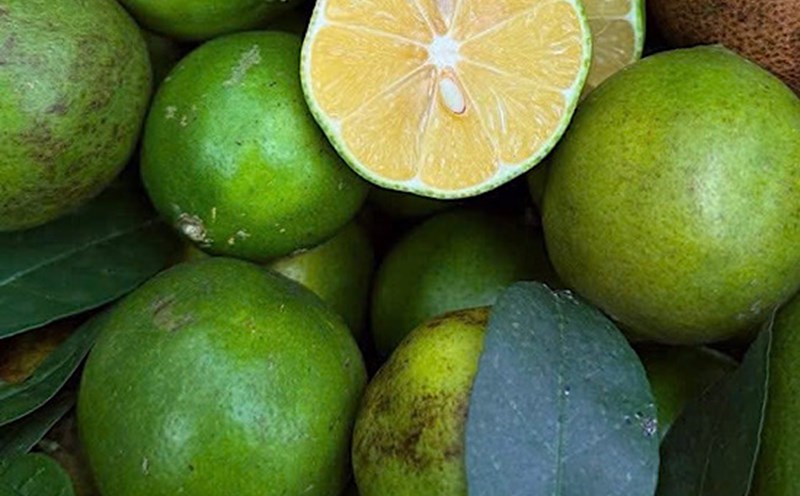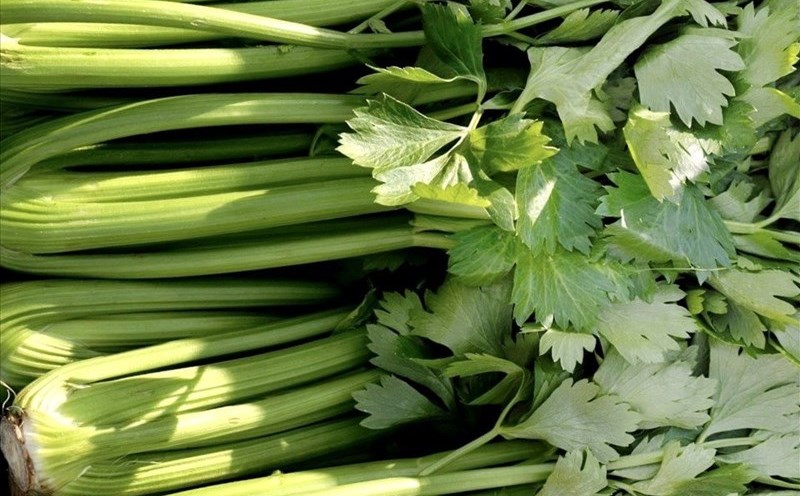One way the body "detoxifies" at the cell level is through an endogenous antioxidant system, typically glutathione.
Overall studies show that celery contains many antioxidants that help reduce free radical levels and restore glutathione in cells, thereby reducing damage that the body and cell membranes have to endure during metabolism.
These analysis have been described in reviews of the antioxidant properties of celery.
Apigenin, a flavonoid abundant in celery, has been widely studied for its anti-inflammatory, anti-apoptosis properties and ability to protect the liver and kidneys in the experimental model.
Celery provides water, potassium and a small amount of natural diuretic compounds, which help increase urine volume and dilute water-soluble substances (such as some metabolic toxins), facilitating the excretion through the kidneys.
Some animal studies show that celery extract can reduce signs of kidney damage (BUN, creatinine) and reduce oxidative stress in kidney tissue, suggesting a protective mechanism when combined with a healthy diet.
Research in 2023 has discovered a number of compounds in celery seeds and stems that can inhibit oxidative enzymes and harmful metabolic pathways, which provide a chemical basis for detoxification benefits.
However, many studies are still in vitro or animal studies; large, random clinical trials on humans are still limited and do not give completely consistent results, so caution should be taken when converting the conclusion to a treatment recommendation.
To take advantage of the benefits, nutritionists recommend eating fresh or lightly processed celery. For example, salad, smoothie or stir-fry quickly, combine the leaves and stems to extract a variety of compounds.
A glass of pure celery juice can provide a high polyphenol content, but eating whole plants (including fiber) helps support gut microbiome, an important factor in the process of metabolism and detoxification of the system.
Although safe for the majority of people, celery contains oxalates and can affect people who are prone to kidney stones oxalates or people with plant allergies (especially pollen allergies).
In addition, due to the potential interaction with certain medications (for example, diuretic drugs or blood pressure treatment drugs), people with chronic diseases should consult a doctor before taking large doses as supplements.











